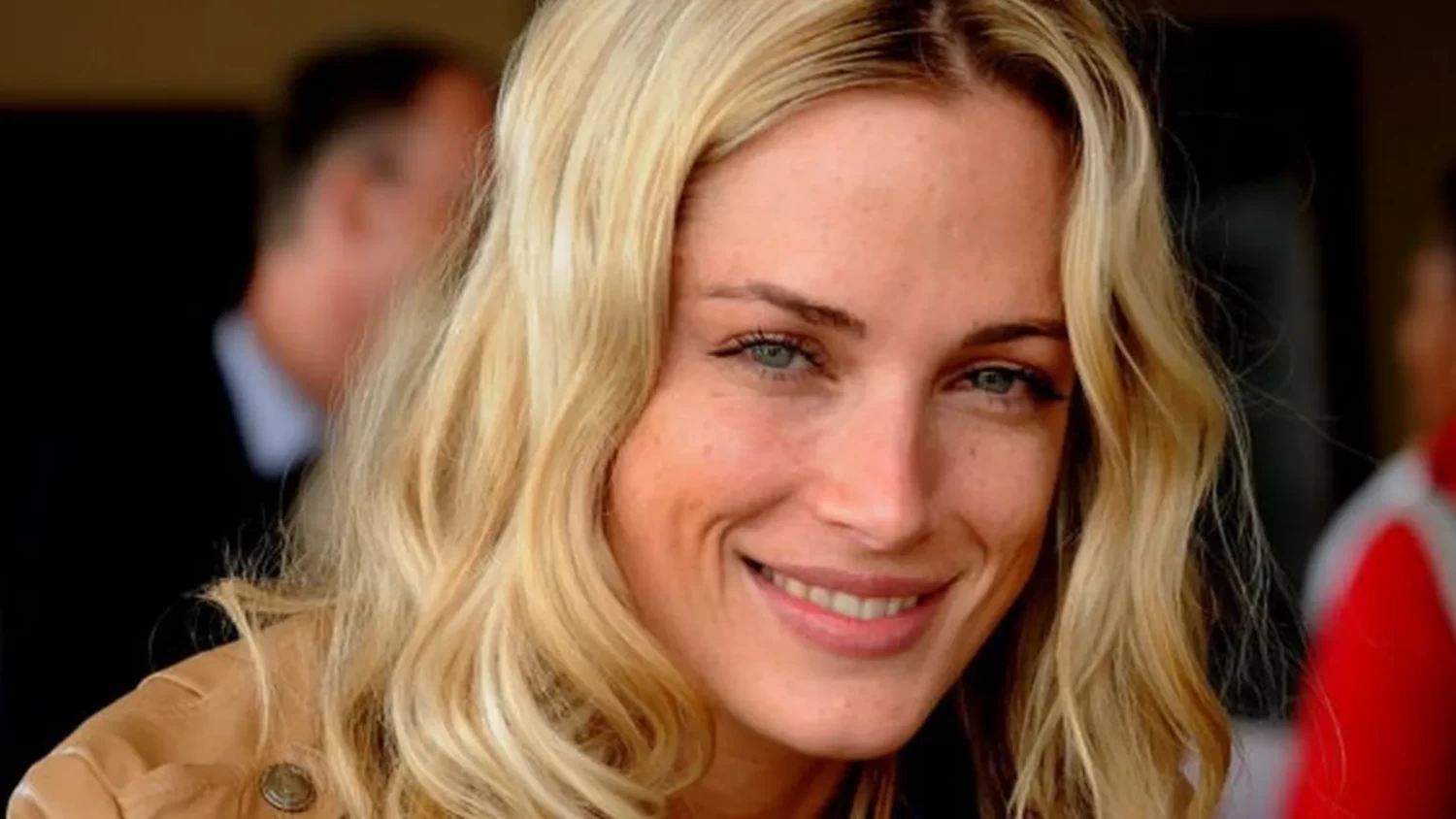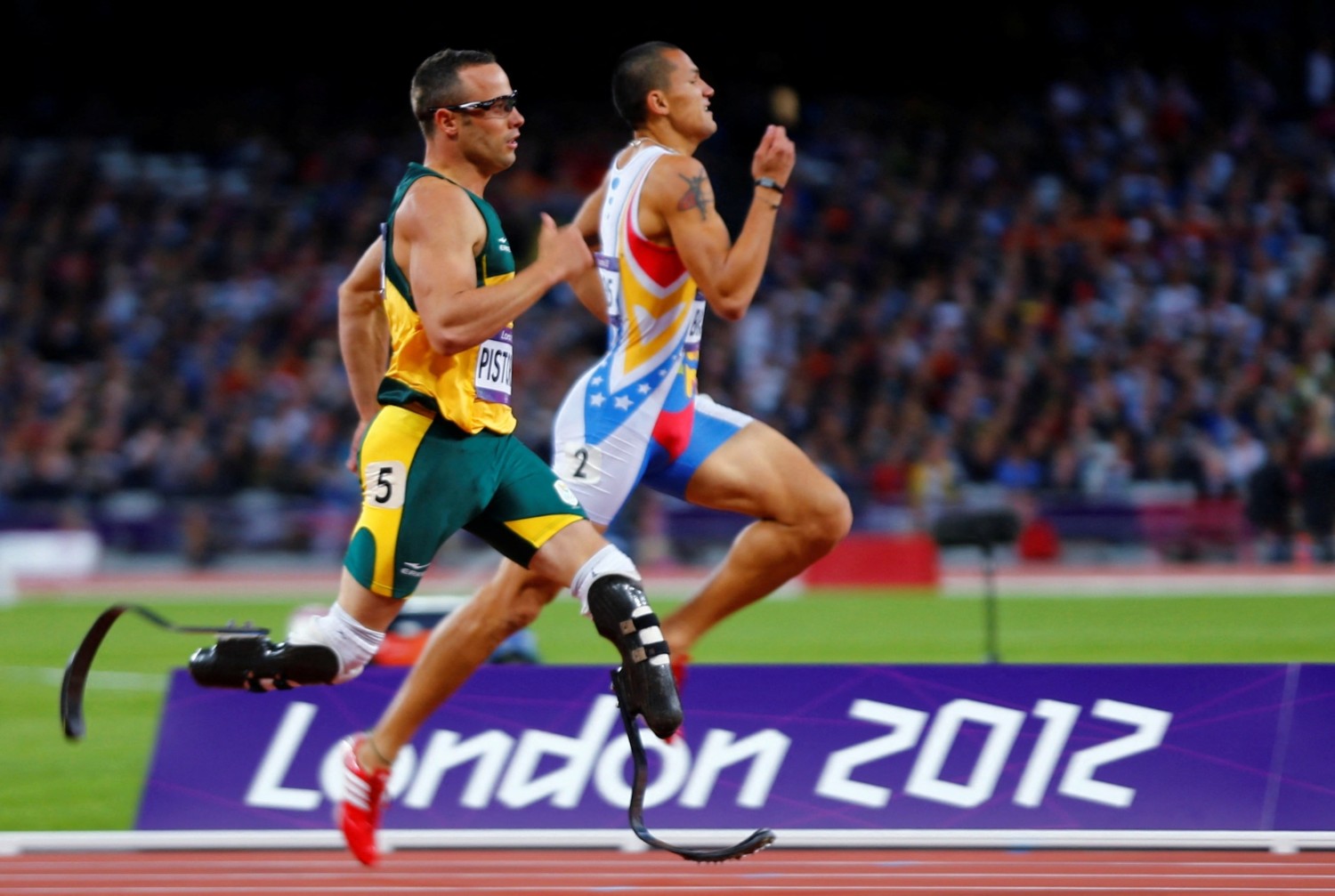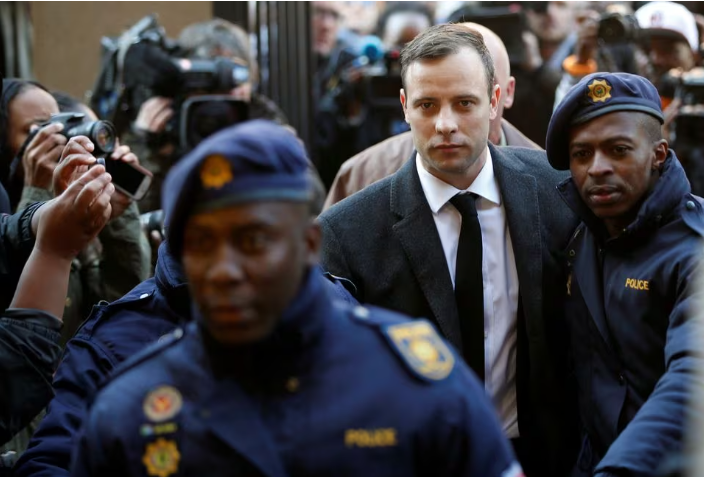Oscar Pistorius release: A reminder of South Africa's femicide problem

|
This question around the early release of inmates, albeit under certain conditions, has been raised in South Africa following the freeing on parole of former Paralympic champion Oscar Pistorius. This was after he had served half of his sentence for the murder of his girlfriend, Reeva Steenkamp, on Valentine's Day in 2013. South Africa has a particular problem with femicide and violence against women. In 2020, a woman died at the hands of her intimate partner on average every eight hours, according to a study by the University of the Free State. In 2019, South Africa ranked among the five countries with the highest rates of the murder of women, according to the United Nations. This is why campaigners think an exception should be made for the perpetrators of these crimes to the country's normal rules around early release. For Michael van Niekerk, the fact that Pistorius is now out of prison "feels like a kick to the gut". He is the founder of Keep the Energy, an organisation that spreads awareness about violence against women, children and LGBTQ+ people in South Africa. Mr Van Niekerk fervently believes that those responsible for gender-based violence and murder should not be granted parole. Beyond the numbers of women murdered, South Africa also has extremely high levels of rape - in the three-month period between July and September last year, for example, more than 10,500 incidents were reported to the police. "I have seen men get released and commit the same crimes over and over again," he says. 
It is "crucial to understand that parole does not equate to absolute freedom at all", he tells the BBC. The purpose of parole is to rehabilitate offenders and guide them back into society. Mr Phiri says the argument that perpetrators should not get parole is rooted in a "misunderstanding that [it] signifies complete freedom - which is certainly not the case". Pistorius will be monitored by the authorities for five years until his more than 13-year sentence expires in 2029. He will have to abide by certain conditions, for example being confined to the home for certain hours each day, as well as a ban on drinking alcohol. He will also have to attend therapy sessions, including programmes on gender-based violence. This has gone some way to reassure the mother of the woman he killed. Last year, June Steenkamp said she would be "concerned for the safety of any woman" who came into contact with him after he was freed. But these measures do not satisfy everyone. "There is a lack of thinking, or empathy for victims in this scenario," says Mbali Pfeiffer Shongwe. The 24-year-old activist, who works with Instagram account Girls Against Oppression, is a survivor of gender-based violence, and is frustrated with the country's parole system. She believes anyone convicted of murder, rape, serious assault, theft, kidnapping, public violence and other serious crimes should not get parole. "The most basic form of respect would be for a full sentence to be served," she says. But there are some who believe it is right that Pistorius is no longer in prison. The BBC spoke to several people who supported his early release but chose to remain anonymous for fear of a backlash against them. One 25-year old woman believes that Pistorius has paid his penance. "He has done his time, he has been rehabilitated. He is not a threat to society," she said, adding that because of his notoriety he will have a difficult life whether or not he is in prison. June Steenkamp did not oppose her daughter's killer being freed. "No amount of time served will bring Reeva back. We, who remain behind, are the ones serving a life sentence." However, for many there is a wider point to be made. "It just feels like women are screaming into the abyss. It's like our cries aren't being heard," says Palesa Muano Ramurunzi, a 25-year-old University of Cape Town law graduate. She is fed up with the level of violence that women in her country face. Her belief that barring parole for those convicted of crimes relating to gender-based violence is not meant to "undermine other forms of violence but to confront an urgent crisis". "There is a palpable sense of entitlement that men often harbour towards the bodies of women," Ms Ramurunzi says, her voice filled with hopelessness. The ever-present possibility of being killed is a devastating thread linking many women in South Africa. Ms Steenkamp's last Instagram post proved to be a foreshadow of the tragedy that befell her. The post condemned the killing of 18-year-old Anene Booysen who had been gang-raped, disembowelled and dumped in a construction site in the Western Cape in February 2013. Her caption read: "I woke up in a happy safe home this morning. Not everyone did. Speak out against the rape of individuals in SA. RIP Anene Booysen." The murder of Ms Booysen dominated local and international headlines - until Ms Steenkamp's own murder took over the news cycle less than two weeks later. 
Mara Glennie, founder of Tears, a South African domestic abuse helpline, says femicide is "deeply entrenched in institutions and traditions in South Africa". "In a nation with some of the world's highest levels of violence against women, the laws are failing women," she says. Even the government has struggled to address the issue, she argues. "The government has set up task forces and made promises to the women of this country. And yet, after decades of promises, femicide and gender-based violence remain consistently pervasive," Ms Glennie says. President Cyril Ramaphosa has vowed action to address the rampant levels of femicide in South Africa, calling it an "an assault on our humanity". The threat of violence shrouds every aspect of women's lives in the country, with new fears forming with each case. The post office, the park and their own home are places to be hyper-vigilant, and never completely safe. Ms Shongwe says even after South African women experience violence and survive, it is never the last time. |
Keywords

Newer articles



